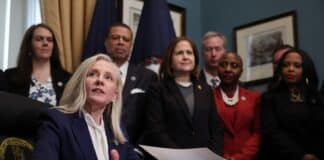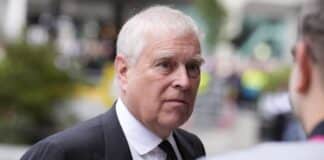President Donald Trump has expressed a desire to terminate federal funding for National Public Radio (NPR) and the Public Broadcasting Service (PBS), citing concerns over perceived bias in their reporting.
During a White House meeting on March 25, 2025, when questioned about the possibility of defunding these organizations, Trump responded, “Well, I would love to do that. I think it’s very unfair. It’s been very biased. The whole group, I mean, a whole group of them. And frankly, there’s plenty of—look at all the media you have right now. There’s plenty of coverage.”
This statement aligns with the administration’s broader responded to address what it perceives as media bias. The Federal Communications Commission (FCC), under Trump appointee Brendan Carr, has initiated investigations into several media outlets, including NPR and PBS. Critics argue that these actions represent attempts to suppress dissenting voices and could have a chilling effect on journalistic freedom.
NPR and PBS have historically received federal funding to support their operations, aiming to provide educational and informative content to the public. Advocates for defunding argue that taxpayer money should not support organizations perceived as biased, while opponents contend that such funding is essential for maintaining diverse and independent media voices.
The debate over funding for public broadcasting is not new but has intensified under the current administration’s scrutiny of media organizations. Any changes to the funding structure would require congressional approval, setting the stage for a contentious legislative battle over the role of public media in the United States.





